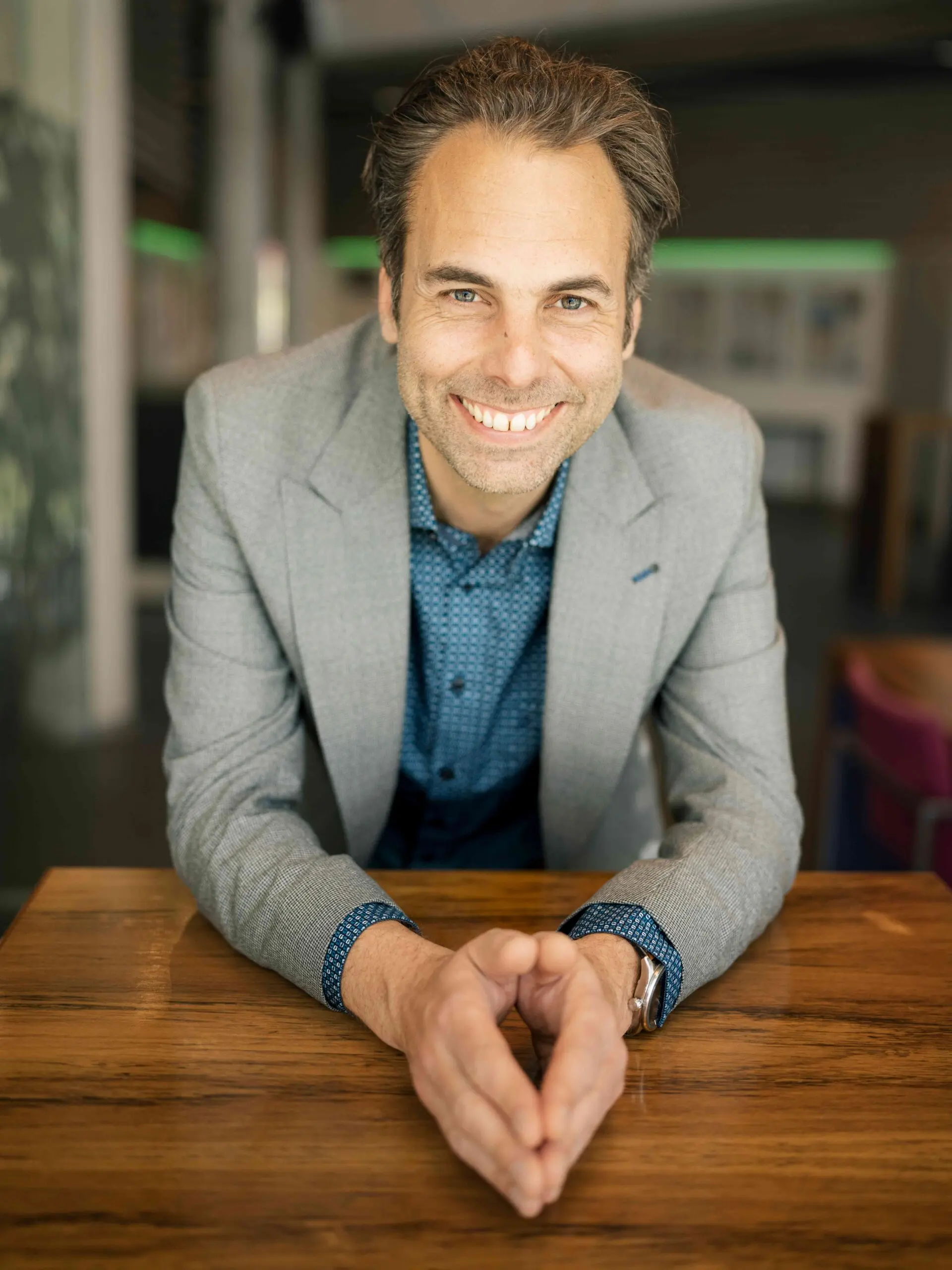Column

Tonie
Mudde
Tonie Mudde is
chief science editor
at the Volkskrant.
He studied aerospace
engineering in Delft.
SAVING LIVES
If I were a doctor, I’d have liked to work in the A&E, saving lives left, right and centre. Just imagine the riveting stories I’d be able to tell at parties… It’s not for nothing that these doctors often play a prominent role in medical movies and TV shows: ‘We’ve got a gun shot wound. Gotta move fast!’ The sobering reality, however, is that emergency care is not where the most health gains are to be had. Just look at the health inequities between highly and less-educated people: with highly educated people staying healthy for an average of 15 years (!) longer than their less-education counterparts. Obesity, smoking, diabetes, mental health problems; they’re all relatively more common among lesser educated people, and the consequences add up. According to the Council for Public Health and Society, the health gap has only widened in recent decades. When a new cancer drug bursts onto the scene, the papers often sing its praises, glorifying this new weapon to cure a terrible disease. Those same newspapers are a lot less likely to report that an estimated one in three cancer cases is caused by an unhealthy lifestyle and might therefore be preventable. If a local administrator or school principal managed to get free fruit for all schoolchildren, it would take decades for this remarkable achievement to translate into a lower obesity rate and fewer cancer patients. By then, the hero responsible for the measure will likely have retired and their grand contribution to public health will be considerably less visible than that of the oncologist using eye-wateringly expensive immunotherapy to shrink tumours. Last year, researchers from Erasmus University Rotterdam reported in Medisch Contact, a trade publication for medical professionals, that prevention is mainly seen as a money sink. Giving all schoolchildren fruit costs money; a quit-smoking programme costs money, and you’ll struggle to find the benefits on this year’s public health P&L. But set aside your accounting myopia and you’ll see the tremendous potential of prevention writ large. In the words of the Rotterdam researchers: ‘Good health is associated with better job opportunities, less absenteeism and higher productivity. Besides, people who stay healthy after retiring can devote their time to pursuits that benefit society, such as volunteer work and informal care. These broader benefits are often forgotten.’ It’s time for a radical change: let’s give next year’s Nobel Prize for Medicine to the person who manages to convince the world of the true value of prevention!
© Marcel Krijger
